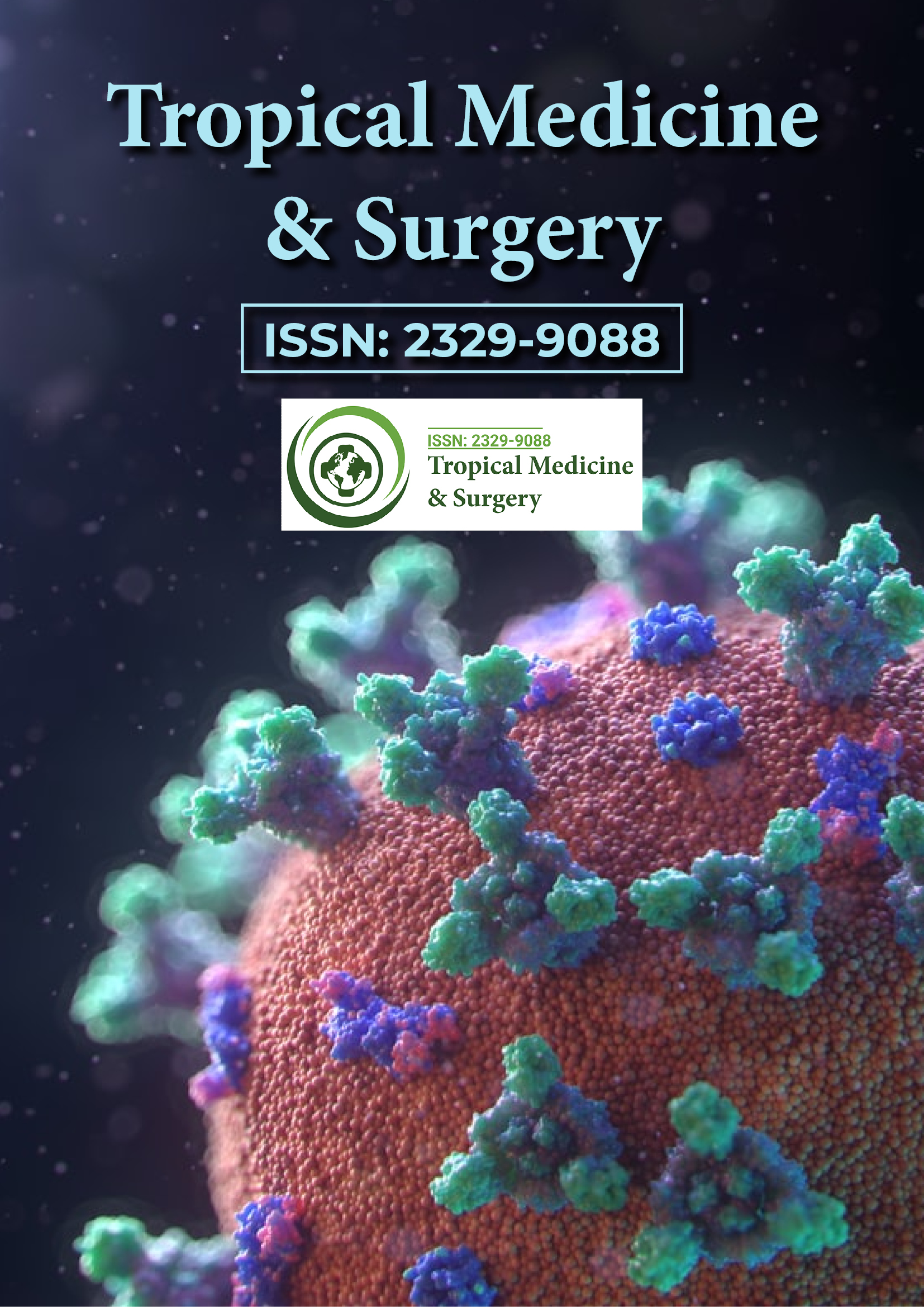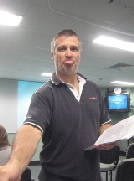Indexed In
- Open J Gate
- Academic Keys
- RefSeek
- Hamdard University
- EBSCO A-Z
- OCLC- WorldCat
- Publons
- Euro Pub
- Google Scholar
Useful Links
Share This Page
Journal Flyer

Open Access Journals
- Agri and Aquaculture
- Biochemistry
- Bioinformatics & Systems Biology
- Business & Management
- Chemistry
- Clinical Sciences
- Engineering
- Food & Nutrition
- General Science
- Genetics & Molecular Biology
- Immunology & Microbiology
- Medical Sciences
- Neuroscience & Psychology
- Nursing & Health Care
- Pharmaceutical Sciences
Jamie Seymour

Jamie Seymour
Associate Professor, Tropical Medicine and Rehabilitation Sciences
Aalborg University Hospital, Australia
Biography
Associate Professor Jamie Seymour or the “Jelly Dude from Nemo land” has been researching and working with venomous and dangerous animals for over 20 yrs with his present interest being “Why do animals have venom?” Based in Cairns, in Northern Australia, an area that has an over abundance of venomous animals, he is uniquely placed to study the ecology and biology of Australia’s venomous species. He teaches at all levels at James Cook University, one of the top 5% of research universities in the world with his favourite subject being “Venomous Australian Animals”, a subject designed and taught by this effervescent academic. He has been successfully involved in programs designed to decrease the envenomings of humans by jellyfish, namely in Australia, Timor Leste (for the United Nations), Thailand and Hawaii. His research has been directly responsible for changes in the present treatment protocol for Australian jellyfish stings. He established and is the director of the Tropical Australian Venom Research Unit (TASRU) which is now recognised as one of the premier research groups in the world for the studies of the ecology and biology of box jellyfish and research into medical treatment of box jellyfish envenomings.
Research Interest
Entomology, insect parasitoids and biological control, integrated pest management techniques as well as conducting research on the seasonality of tropical invertebrates. designed and built commercial insectaries for the rearing of beneficial insects for the agricultural trade, was involved in a variety of projects ranging from marine spiders, tropical insects, cane toads, snakes, scorpions, big furry spiders, stone fish and of course jellyfish. leading Australian cubozoan researcher responsible for elucidating the ecology and biology of several of the global medically important cubozoans, not only in Australia, but also international. decrease the envenomings of humans by cubozoans, namely in Australia, Timor Leste (for the United Nations) and Hawaii. identification of cubozoans and the collection of venoms from these animals. changes in the present treatment protocol for Australian cnidarian stings. developed a new and novel technique for the extraction of venoms from cnidarians - now widely regarded as the most appropriate way to extract cnidarian venoms and removes the vast majority of problems with the older methods. A/Professor Seymour's laboratory is the only facility in the world that supplies regular and consistent quantities of venoms from Australian cubozoans. 1998 established the Tropical Australian Venom Research Unit - now recognised as one of the premier laboratories in the world for the studies of the ecology and biology and medical treatment of cubozoans and other venomous marine creatures.
